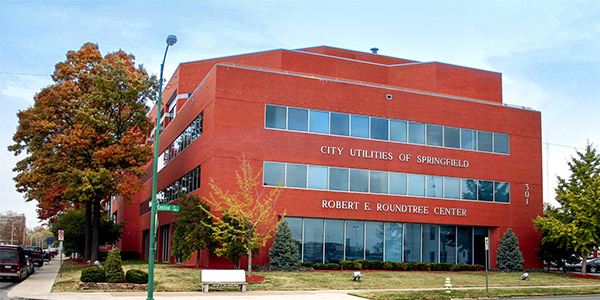By Tom Kleckner
FERC last week denied City Utilities of Springfield’s (Mo.) complaint against SPP’s regional cost allocation reviews (RCARs), saying the utility failed to show the RTO’s administration of the process was unjust and unreasonable (EL19-62).
Springfield filed the Federal Power Act Section 206 complaint in April, charging that SPP’s highway/byway cost allocation methodology has produced unintended consequences in its pricing zone that violated the cost-causation principle and the “roughly commensurate” standard.
In asking for retroactive relief from its pricing zone’s costs, Springfield cited a 1982 D.C. Circuit Court of Appeals ruling that asserted that “properly designed rates should produce revenues from each class of customers [that] match, as closely as practicable, the costs to serve each class or individual customer.”
The commission rejected Springfield’s relief request, saying it “would be contrary to the filed rate doctrine and rule against retroactive ratemaking.”
FERC said SPP provides two avenues for members to dispute alleged “imbalanced cost allocations”: when the Regional State Committee makes an adjustment recommendation to the Board of Directors, or when a member asks the Markets and Operations Policy Committee to examine an alleged imbalance.
Springfield said SPP’s two RCARs have saddled its transmission zone in southwestern Missouri with the only benefit-cost ratio that does not meet the grid operator’s minimum threshold. The utility said the second RCAR allocated its zone $29 million more in costs than benefits, while customers in other pricing zones “will share in billions of dollars of net benefits.”
The protest drew numerous intervenors, including nearly two dozen SPP members and four state regulatory bodies. The Missouri Joint Municipal Electric Utility Commission supported Springfield’s argument, while Xcel Energy filed comments supporting SPP.
The RTO’s stakeholders extended the RCAR cycle to six years in 2017. (See “Cost Allocation Review Cycle Could Extend to 6 Years,” SPP Markets and Operations Policy Committee Briefs: April 11-12, 2017.)
FERC last year approved a regionally funded project near Springfield that is expected to address some of the city utility’s issues. (See “FERC Approves SPP-AECI Morgan Transformer Seams Project,” SPP Briefs: Week of Oct. 8, 2018.)






